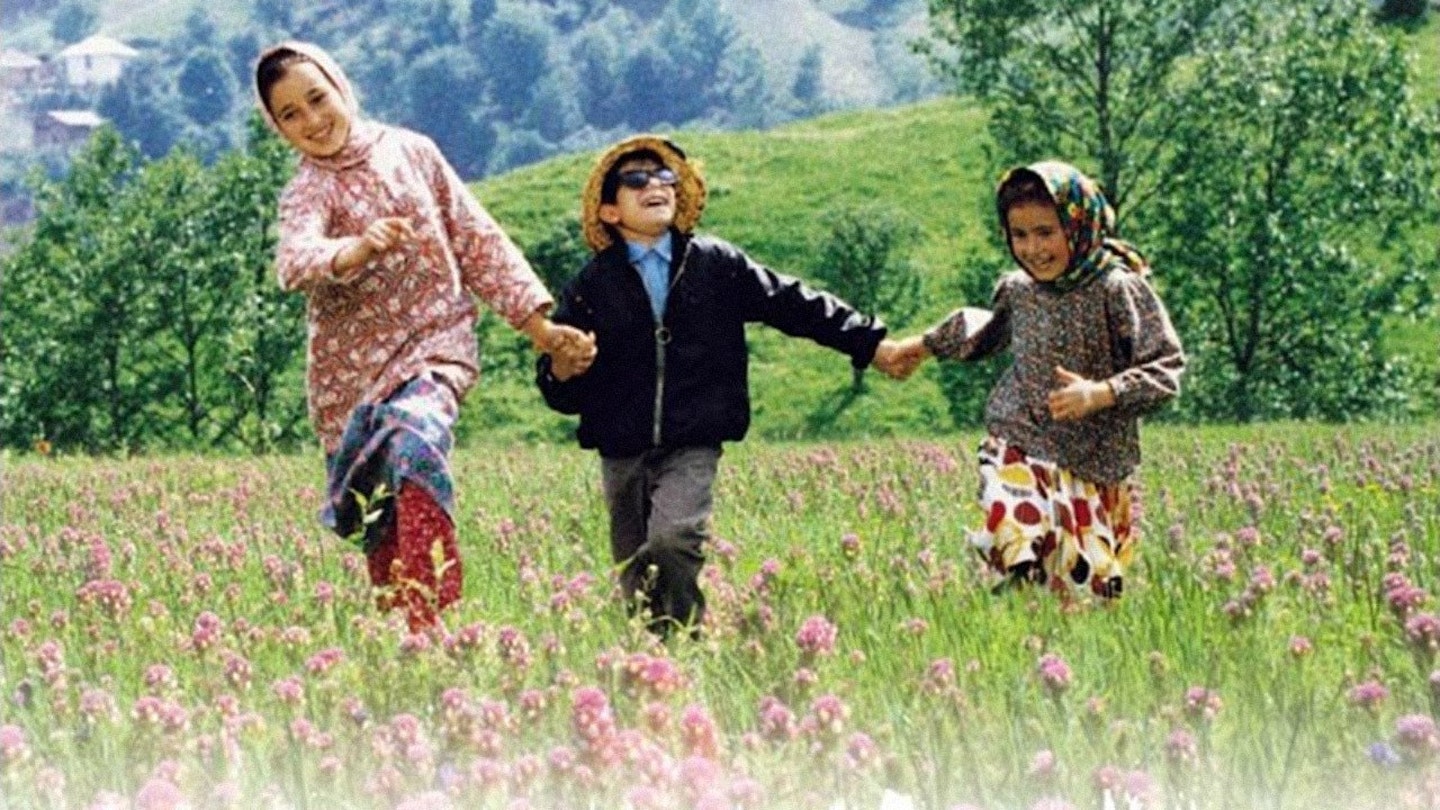Such is the strictness of censorship in Iran that filmmakers are frequently forced to couch their themes in kid-pic terms - not the sentimental drivel that Hollywood peddles as the magic of childhood, but sensitive, insightful studies of the world from a viewpoint too often overlooked by preoccupied adults and creatively unfettered sophisticates.
Unlike Majid Majidi's sharp urban satire The Children Of Heaven (1997), this gloriously photographed follow-up is more like a rural fairytale, but there's nothing fanciful or trite about either its tone or message, even if blind eight year-old Mohammad may try to catch the wind, risk life and limb to restore a fallen fledgling to its nest and find beauty in the least expected places.
Although its roots lie in the legend of Abraham and Isaac, the story bears contemporary comparison with Takeshi Kitano's Kikujiro (1999), in which another rascally grown-up is forced to rethink his priorities through contact with an untainted child. But instead of exploiting the lad, Hashem, his widowed, coal-mining father, simply wants shut of him, as he stands in the way of a lucrative marriage to the much younger daughter of an affluent family.
With his materialistic obsessions, Hashem comes in for most of Majidi's reproval. But his potential in-laws, supposedly devout Muslim pillars of the community, scarcely appear in a better light. Indeed, the film condemns patriarchal intolerance by having only the disenfranchised (Mohammad's gran and sisters) and the disadvantaged (the blind carpenter) treat the boy with kindness. Aside from its social and spiritual aspects, this is also a highly sensual experience, in the purest meaning of the word. By lingering on the boy's fingertips, as he explores everything from pebbles to alfalfa stalks, Majidi succeeds in making cinema tactile. For a film with so much to recommend it, this is its crowning achievement.
